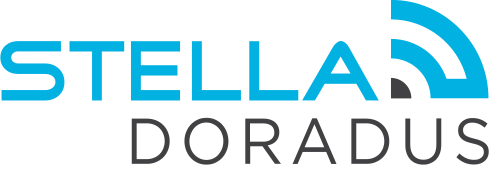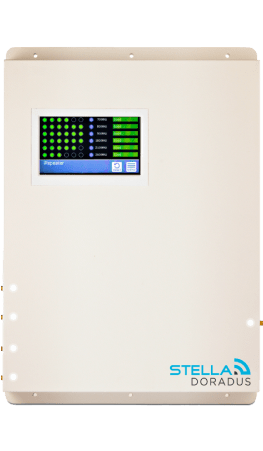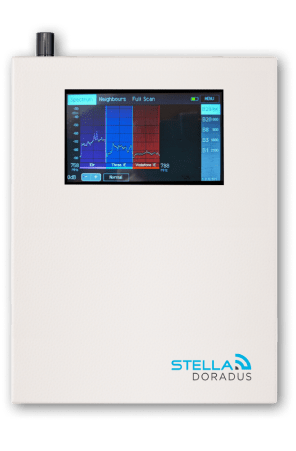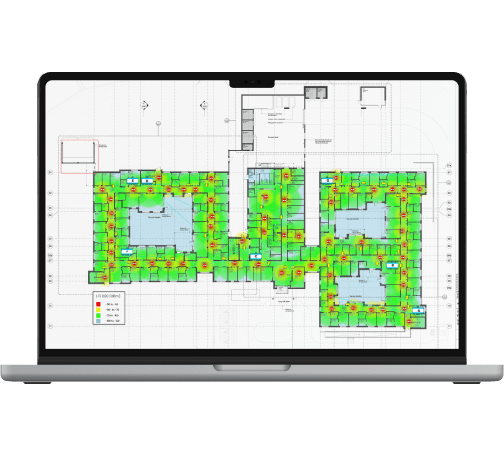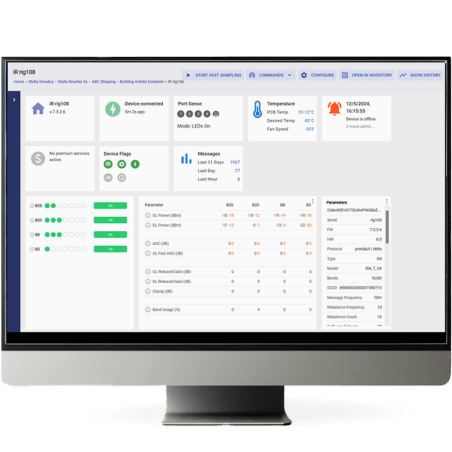Amplify Mobile Signal with Stella Doradus
Trovare la mia frequenza sul mio telefono Samsung Galaxy
Questo articolo spiegherà i passi più semplici per vedere a quale frequenza il tuo telefono si connette alla rete. Questa è un’informazione utile, soprattutto se stai cercando di acquistare un ripetitore mobile. Sapere la tua frequenza ti consentirà di scegliere l’amplificatore più adatto.
Il tuo telefono utilizzerà una di queste 6 frequenze:
- 700MHz (Banda 28)
- 800MHz (Banda 20)
- 900MHz (Banda 8)
- 1800MHz (Banda 3)
- 2100MHz (Banda 1)
- 2600MHz (Banda 7)
(I numeri delle bande sono solo etichette facili da leggere).
Scopriamo qual è!
Ecco come le reti e le frequenze si relazionano tra loro:
- 5G può essere a 700 o 2100MHz.
- 4G (aka LTE) è a 800, 1800 o 2600MHz.
- 3G (aka WCDMA) è a 900 o 2100MHz.
- GSM è sempre a 900MHz.
Test di campo su Samsung Galaxy
- Assicurati che i dati mobili siano attivati.
- Assicurati che il WiFi sia disattivato.
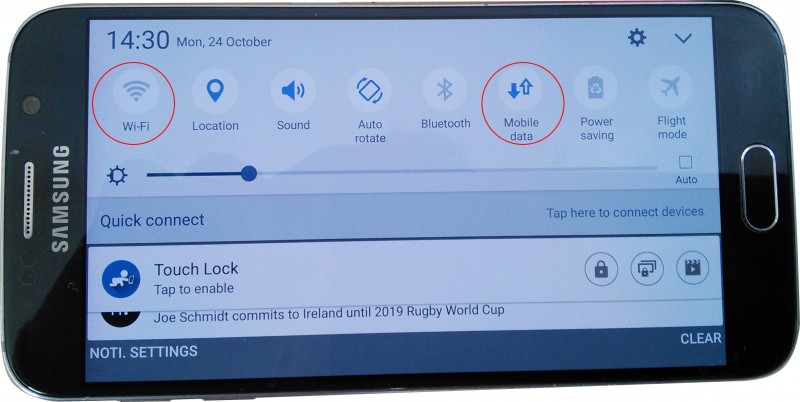
3. Digita *#0011# nell’area dove normalmente inserisci un numero di telefono.
Ora sei in Modalità Servizio:
Qui dovresti vedere direttamente il numero della banda. È così semplice!
- BANDA 1 = 2100MHz.
- BANDA 3 = 1800MHz.
- BANDA 8 = 900MHz.
- BANDA 7 = 2600MHz
- BANDA 20 = 800MHz
- BANDA 28 = 700MHz
Tuttavia, a volte sui telefoni più vecchi, la banda NON viene mostrata e invece comparirà solo GSM900 o WCDMA(900) o WCDMA(2100). È comunque facile da leggere.
- GSM900 = 900MHz
- WCDMA(900) = 900MHz
- WCDMA(2100) = 2100MHz
(WCDMA è semplicemente il 3G).
Di seguito ci sono 2 esempi.
Il primo telefono si trova in un’area con 4G e il secondo in un’area con solo 3G.
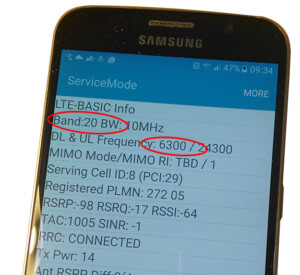
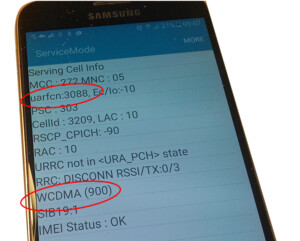
Nella prima immagine, puoi vedere che il telefono è connesso alla Banda 20. Questa è 800MHz, quindi si tratta di 4G a 800MHz.
Nella seconda immagine, siamo connessi a (WCDMA(900)). Il (900) indica 900MHz. Il WCDMA significa 3G. Quindi, si tratta di 3G a 900MHz.
Alcuni telefoni possono mostrare solo i numeri UARFCN, quindi in entrambe queste immagini ho anche evidenziato il numero UARFCN (in questo caso, 6300 e 3088, rispettivamente). Attrezzo
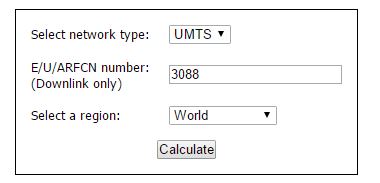
Se il tuo telefono mostra solo valori UARFCN, puoi inserire questi numeri nel convertitore UARFCN-to-frequency sopra.
Conclusione
Ora che sai la frequenza/banda a cui si connette il tuo telefono all’esterno della tua casa, puoi selezionare il miglior amplificatore di segnale per te.
Se vedi nessun simbolo o il simbolo ‘E’ o ‘G’, ti consigliamo l’amplificatore stellahome900.
Se vedi il simbolo 3G, H, H+, LTE, devi scoprire con il metodo sopra se sei a 900MHz o 2100MHz.
Se vedi il simbolo ‘4G‘ o ‘LTE’, devi usare il metodo sopra per scoprire se sei connesso a 800, 1800 o 2600MHz, e poi selezionare l’amplificatore appropriato dalla lista.
Infine, se vedi il simbolo “5G”, devi usare il metodo sopra per scoprire se sei connesso a 700, 800, 1800 o 2100MHz, e poi selezionare l’amplificatore appropriato dalla lista.

